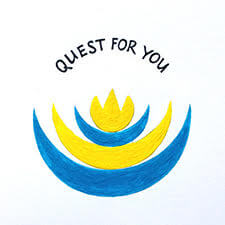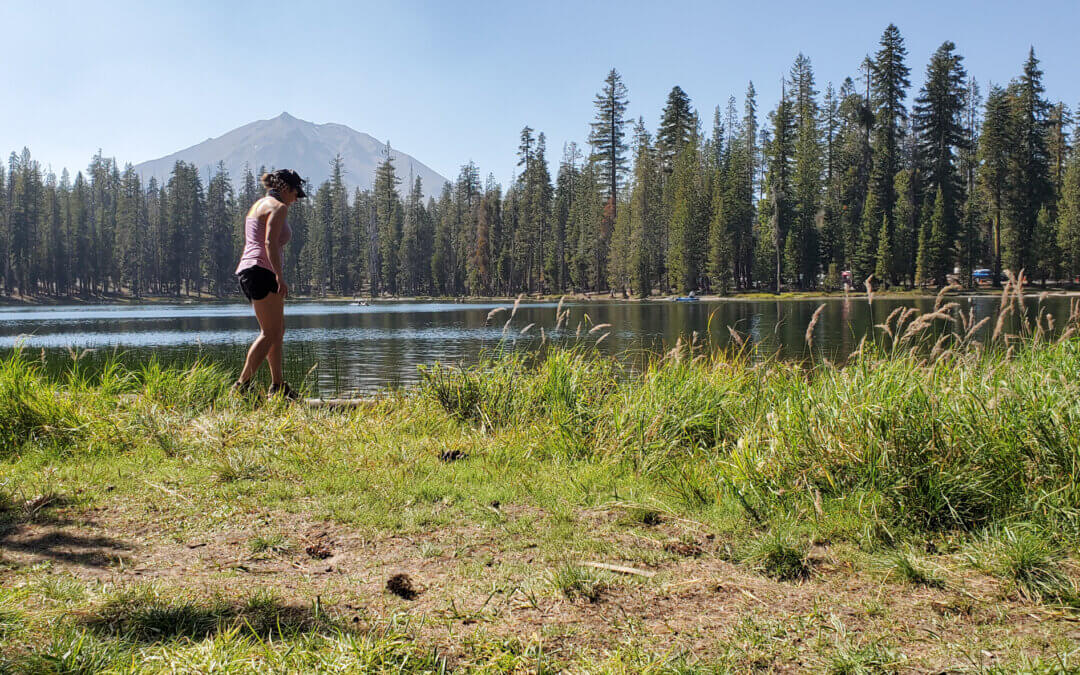I am fascinated by this grounding and yet inspiring book that brings home the importance of connecting with ourselves first before we can try to try love another. Piver beautifully connects the 4 Noble Truths of Buddhism to love and relationships, which begins with the love for ourselves.
Podcast: Play in new window | Download | Embed
Subscribe: Apple Podcasts | RSS







0 Comments